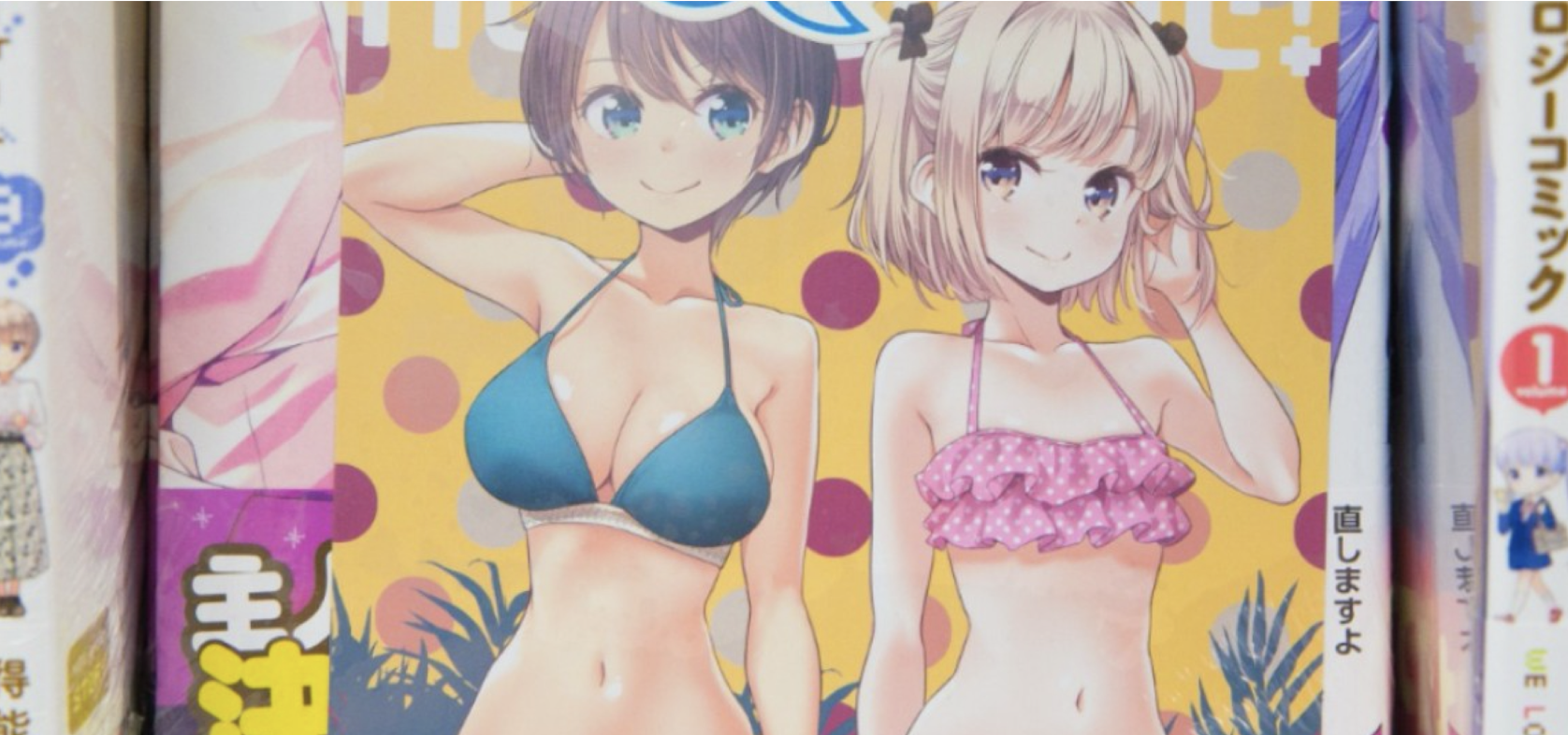Australian authorities are reportedly cracking down on the importation of hentai from Japan, signalling the latest measures in the nation’s increasingly hardline stance on the sexually explicit comics.
Japanese adult retailer J-List—which specialises in the sale of sex toys, anime, cosplay, figurines and manga—posted a statement to their website earlier this month claiming that Australia’s Border Force (ABF) and customs had started blocking all their adult products from entering the country.
This includes pornographic hentai, Japanese porn videos, sexually suggestive figurines of anime characters, onaholes—that is, an artificial vaginas designed for masturbation—and any other product marked with a “+18” symbol. As a result, J-List has been advised to stop shipping to the country.
“DHL Japan called us last week, informing us that Australian customs have started rejecting packages containing any adult product,” the company wrote in their statement. “They then advised us to stop sending adult products to the country. Following that, current Australian orders with adult items in them were returned to us this week.”
“The best way to avoid getting anyone’s hopes up of receiving something new, shiny, and for adults only is to cease shipping adult products to Australia,” J-List added.
The ABF website declares that people travelling to or entering Australia must not bring in anything constituting “illegal pornography”—that being defined as “child pornography (any depiction of children in a sexually explicit manner)” as well as the fairly broad and nondescript catchall of “publications, films, computer games and any other goods that describe, depict, express or otherwise deal with matters of sex, drug misuse or addiction, crime, cruelty, violence, terrorist acts or revolting or abhorrent phenomena in such a way that they offend against the standards of morality, decency and propriety generally accepted by reasonable adults are not allowed.
“This includes bestiality and sexual violence,” the definition adds.
That hentai—along with every other adults-only product being shipped by an international hentai distributor—has been lumped into this distinction of “illegal porn” is not entirely surprising. Nor has it come without precedent.
Earlier this year, several South Australian politicians called for an urgent review of the nation’s federal classification laws after discovering that comic books and videos being sold in Australian stores depicted sexual images of children—including scenes of rape, incest, sexual abuse and exploitation.
“You have Astro Boy and Pokemon and in amongst all that material there are titles which clearly contain material that meets the definition of child exploitation material,” SA Best Upper House MP Connie Bonaros told the ABC in February. “Themes of minors involved in incest and rape, sexual abuse—the choice was absolutely endless.”
Federal senator Stirling Griff sided with Bonaros, launching a motion in Parliament that called for a review of classification regulations.
“Experts that advocate against child exploitation have referred to this type of anime and manga as a gateway to the abuse of actual children,” he said. “Experts also say that explicit anime and manga can be used by paedophiles as tools to groom children. It makes me sick to the stomach to even speak about this.”
Australia’s Classification Board only assesses the suitability of comic books if they are submitted for review, the ABC reported—and those submissions are only made at the discretion of the book’s distributor. Nonetheless, consumers can still be charged and prosecuted for possessing cartoon hentai if authorities decide it fits the definition of child exploitation material.
In 2015, a 52-year-old man in Adelaide was given a suspended jail sentence for having more than 300 anime images that were classed as child pornography.
During sentencing, Judge Paul Muscat noted that although the man thought what he was doing was “similar to reading or taking part in a fantasy rather than contributing to the production of child exploitation material”, it was not “that great a step” to go from that to viewing material of actual, real life child exploitation.
“Does it matter that most of the images you accessed on the internet were anime? On a limited assessment it must, for no actual child was being sexually abused,” Judge Muscat said. “However, as I previously observed, the concern is that those who view anime will go on to view images of actual children being sexually abused.”
VICE News reached out to the ABF for comment on the allegations that they had blocked the importation of hentai, but did not receive a response by time of publication.
Follow Gavin on Twitter




